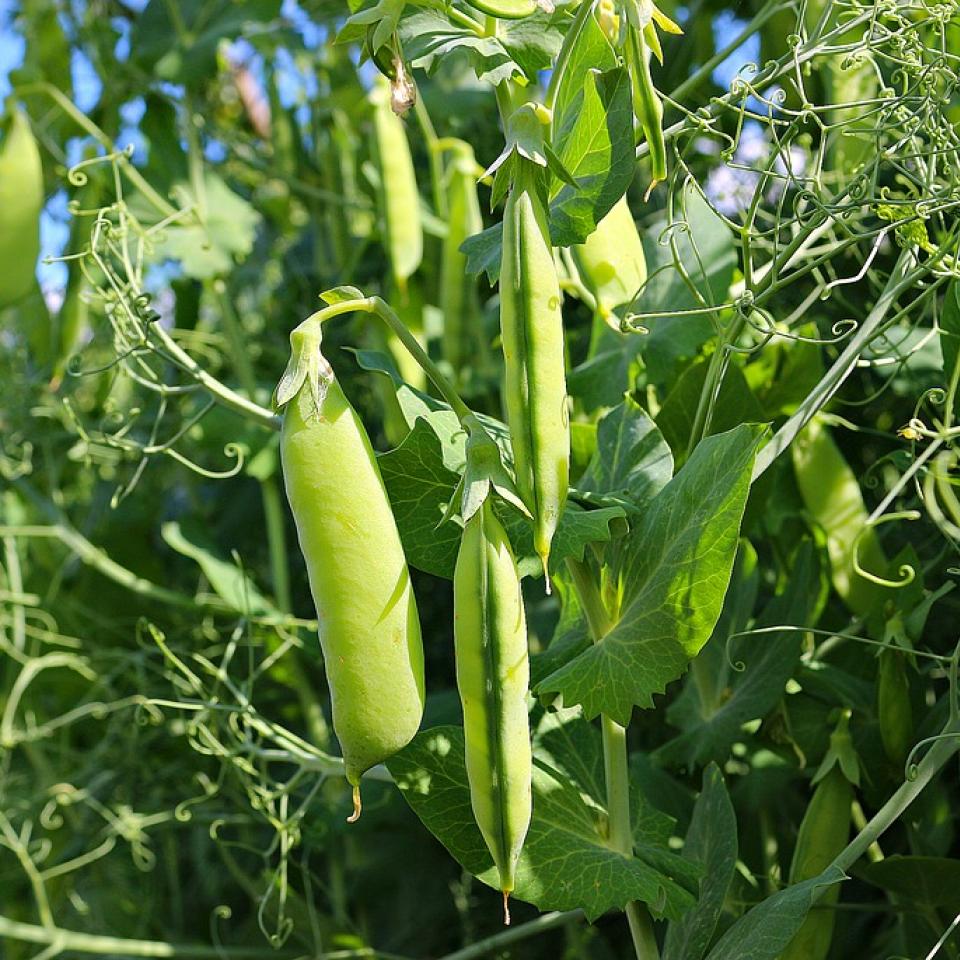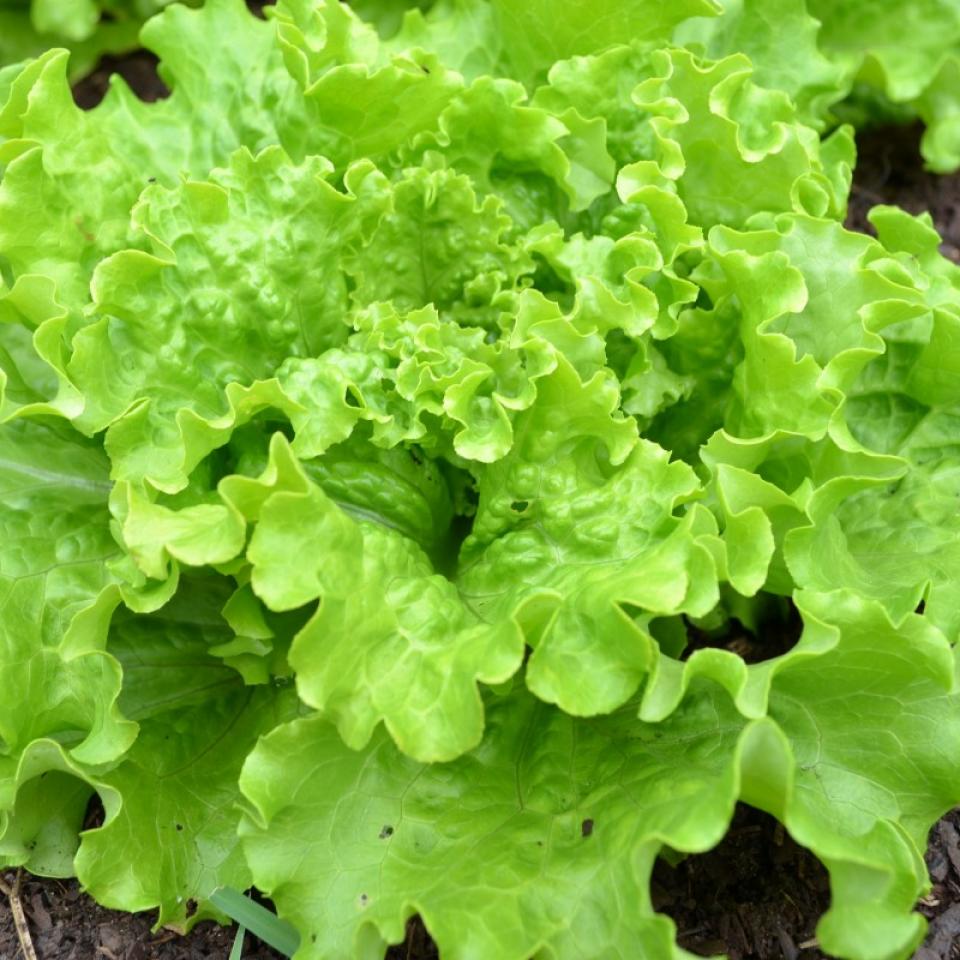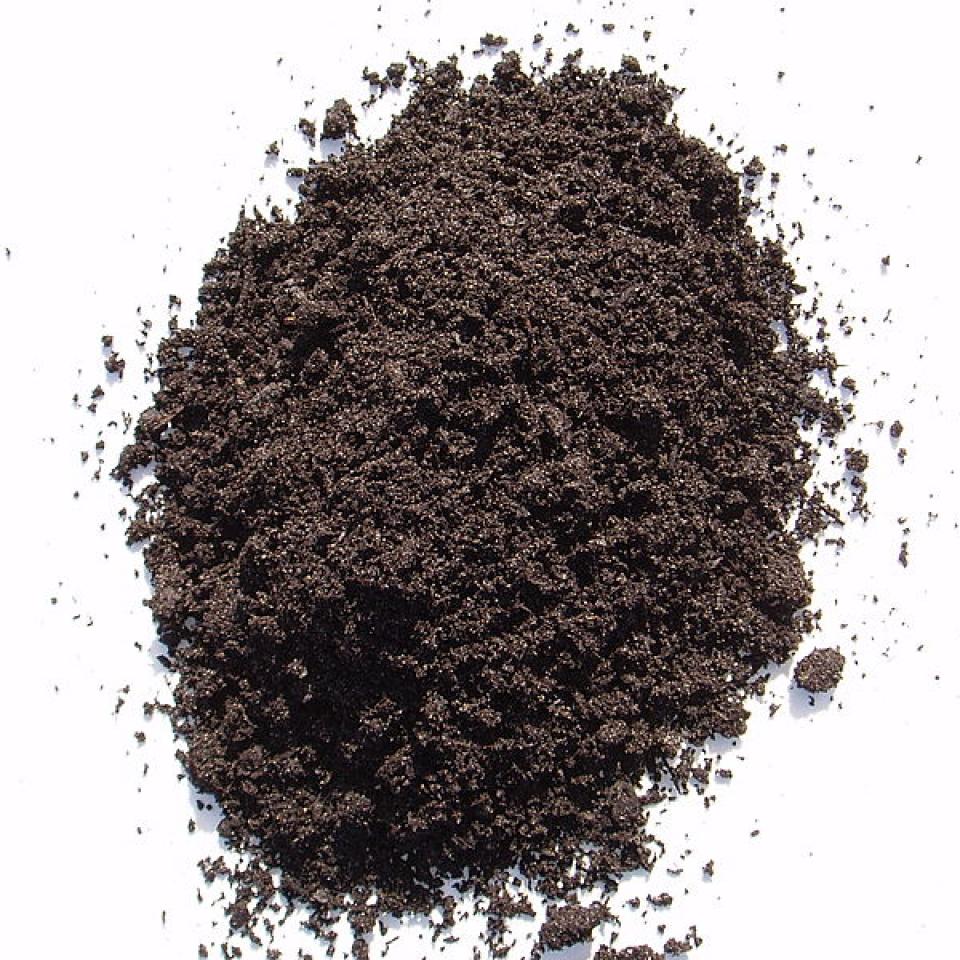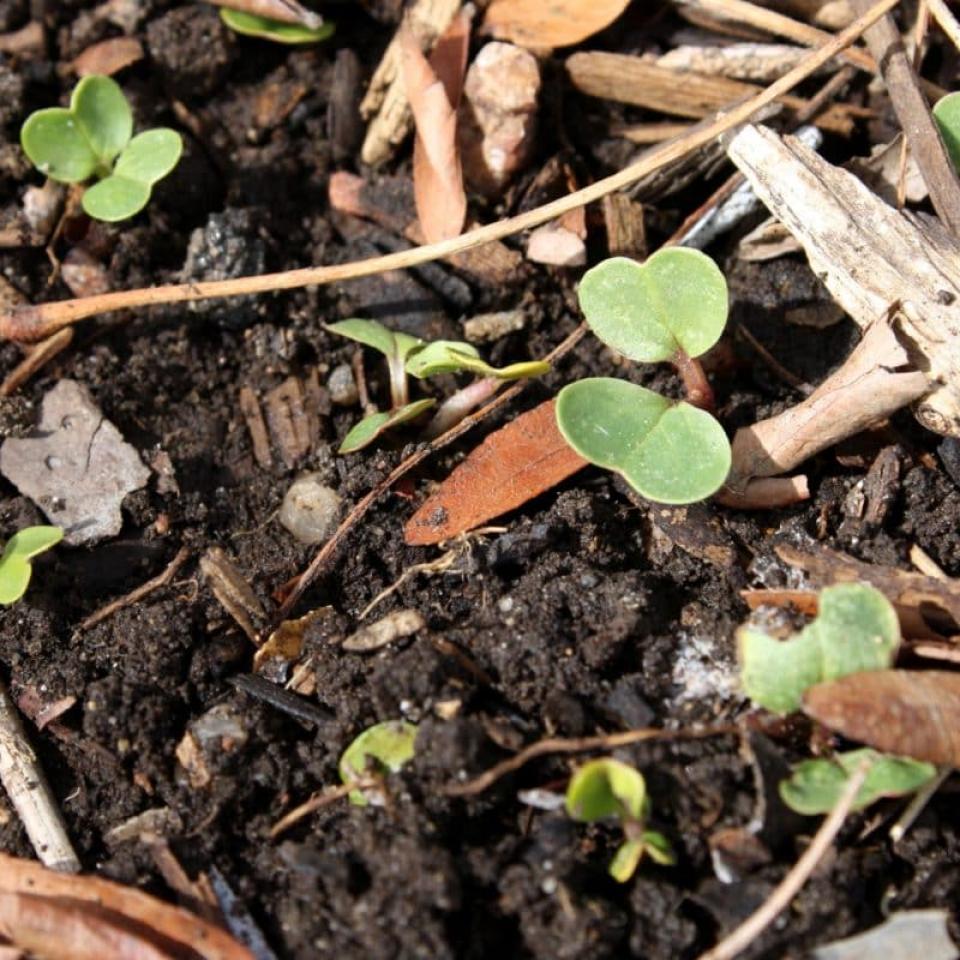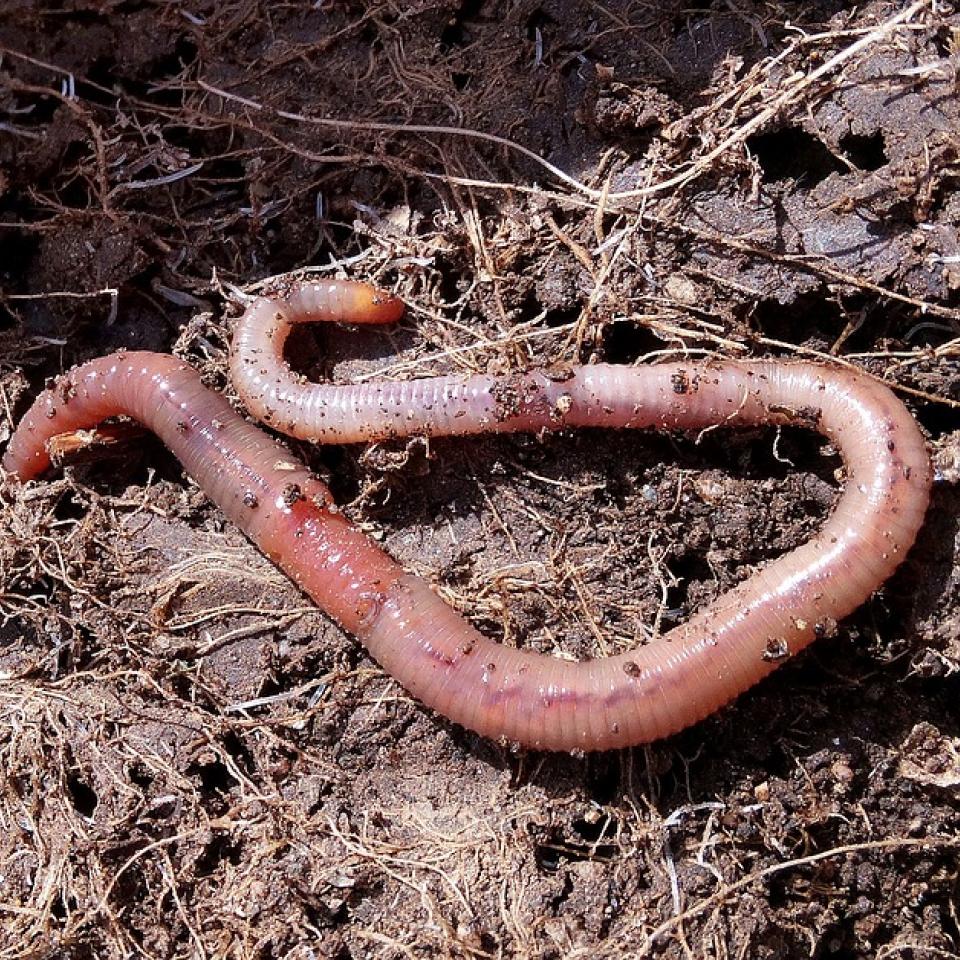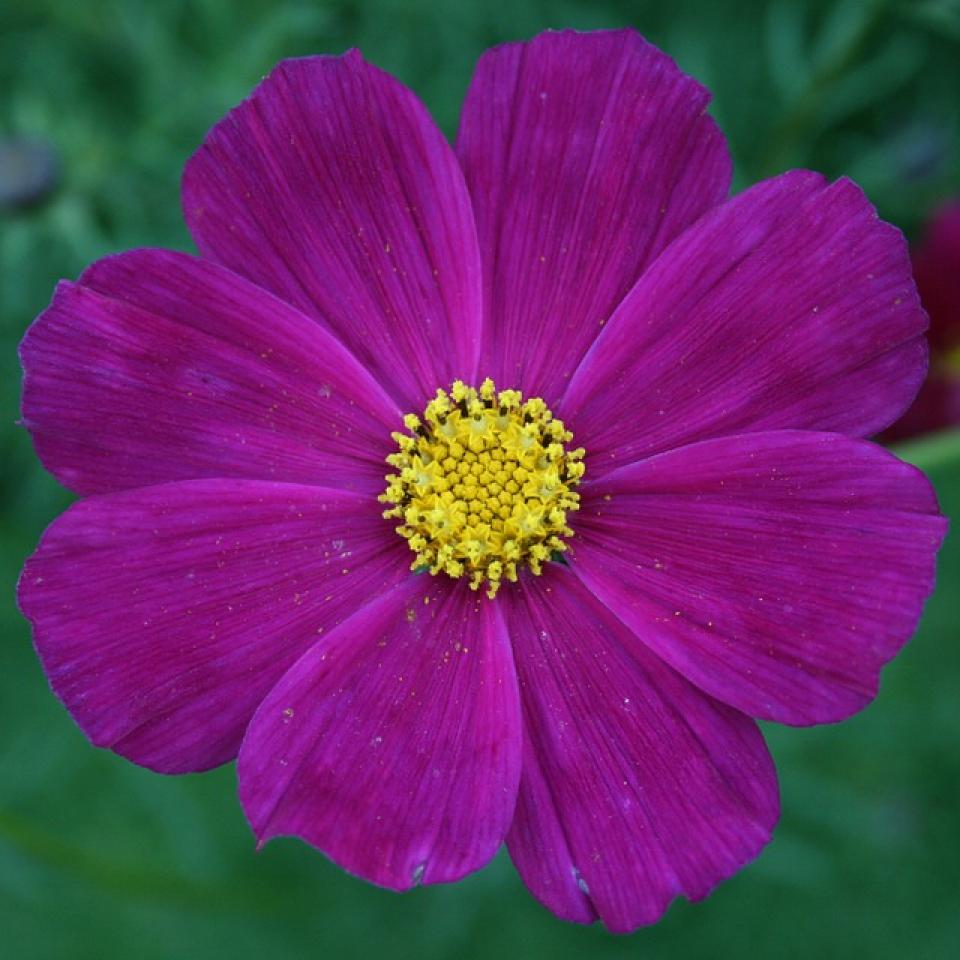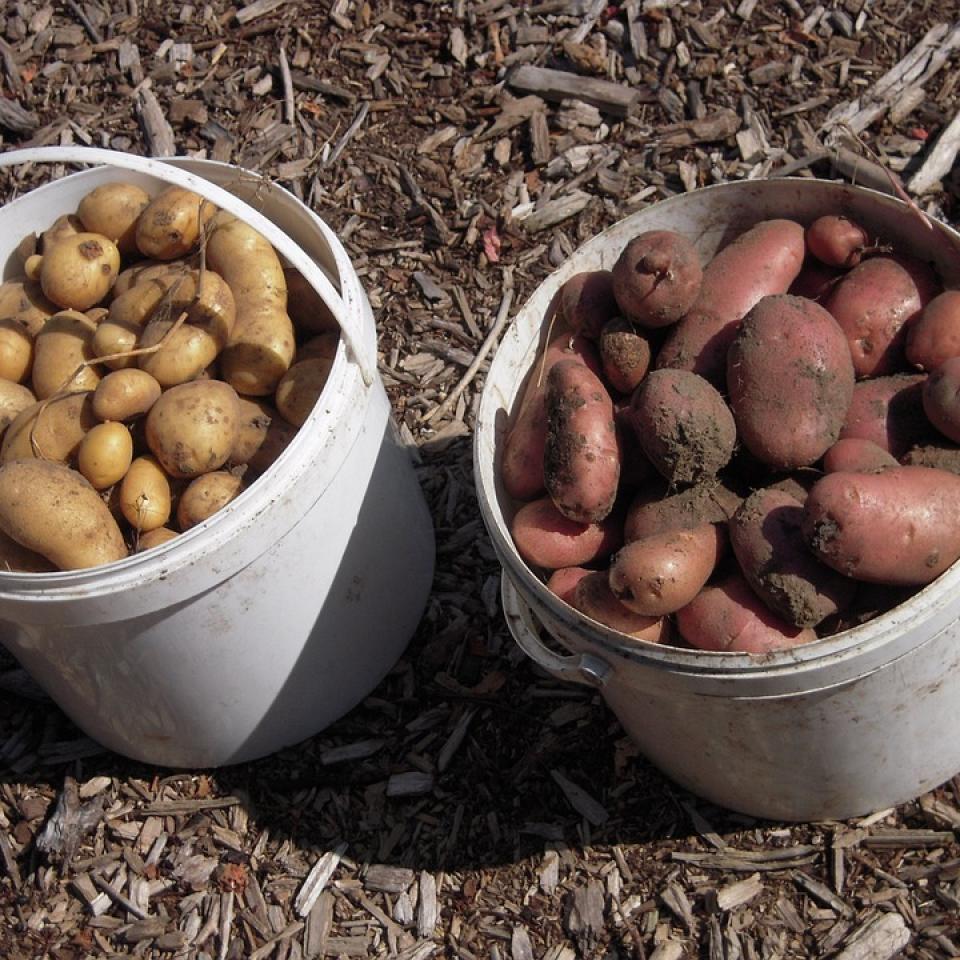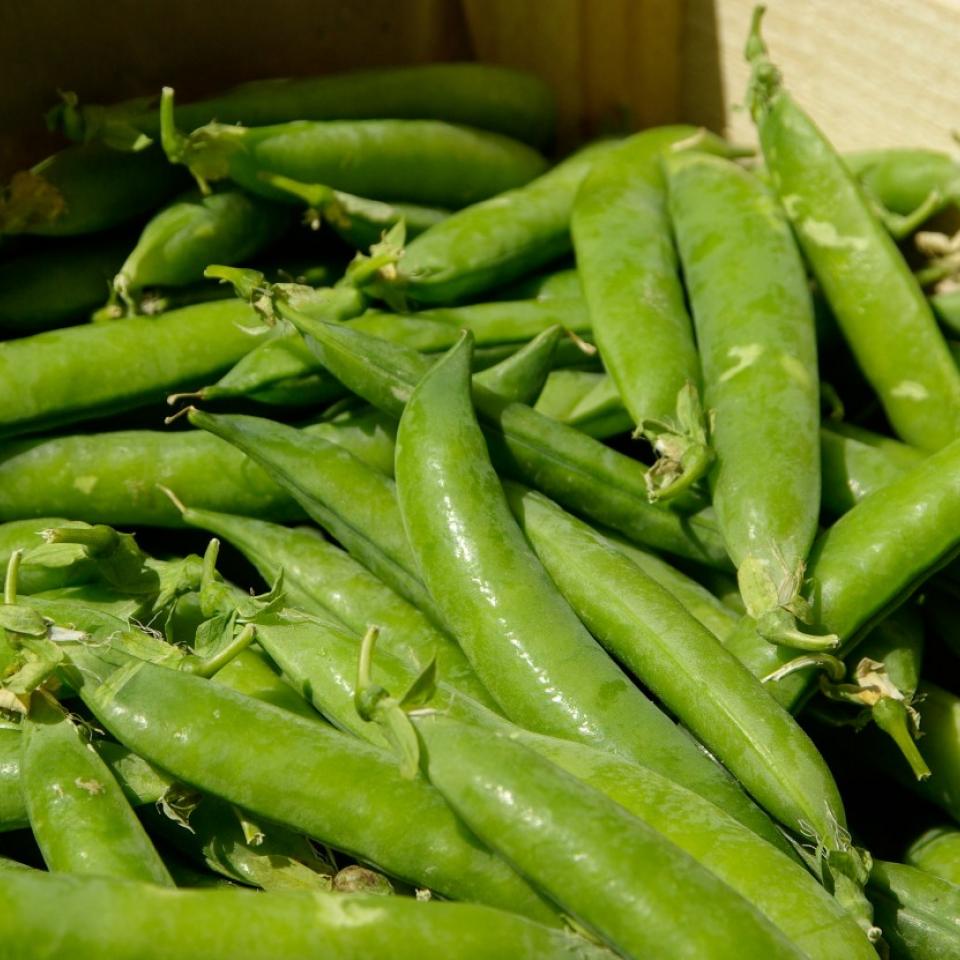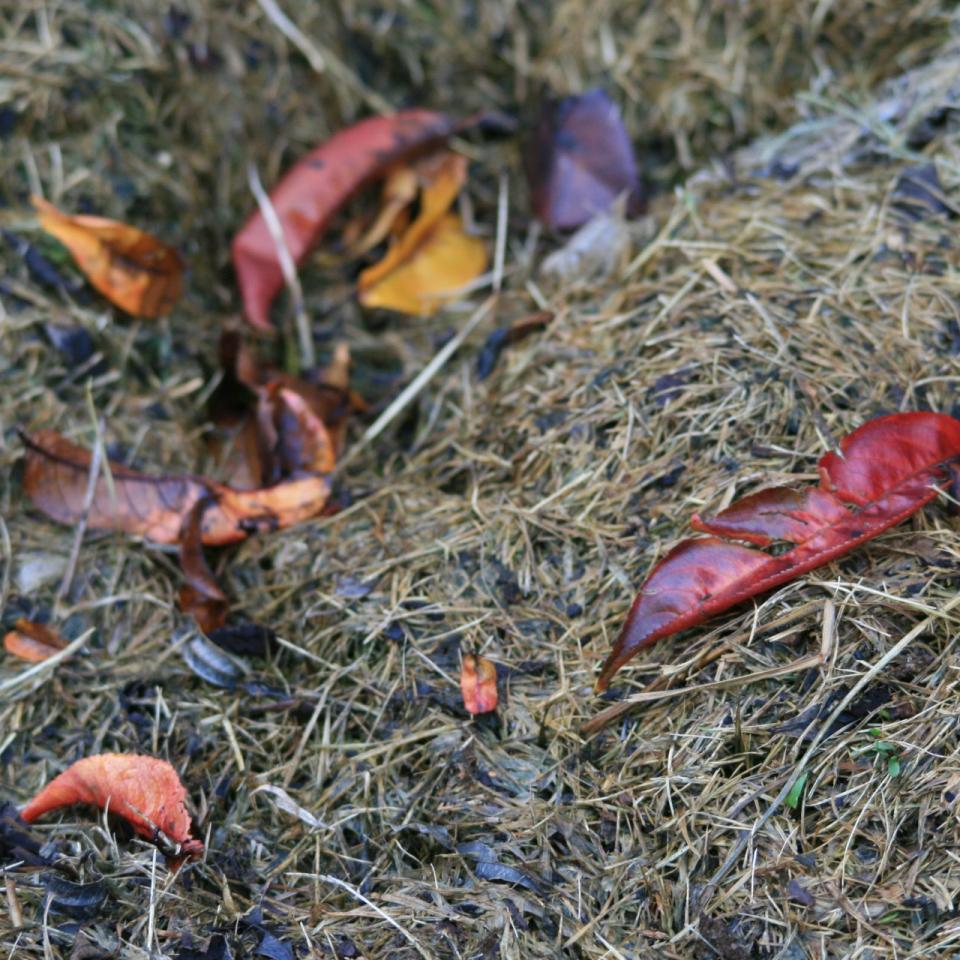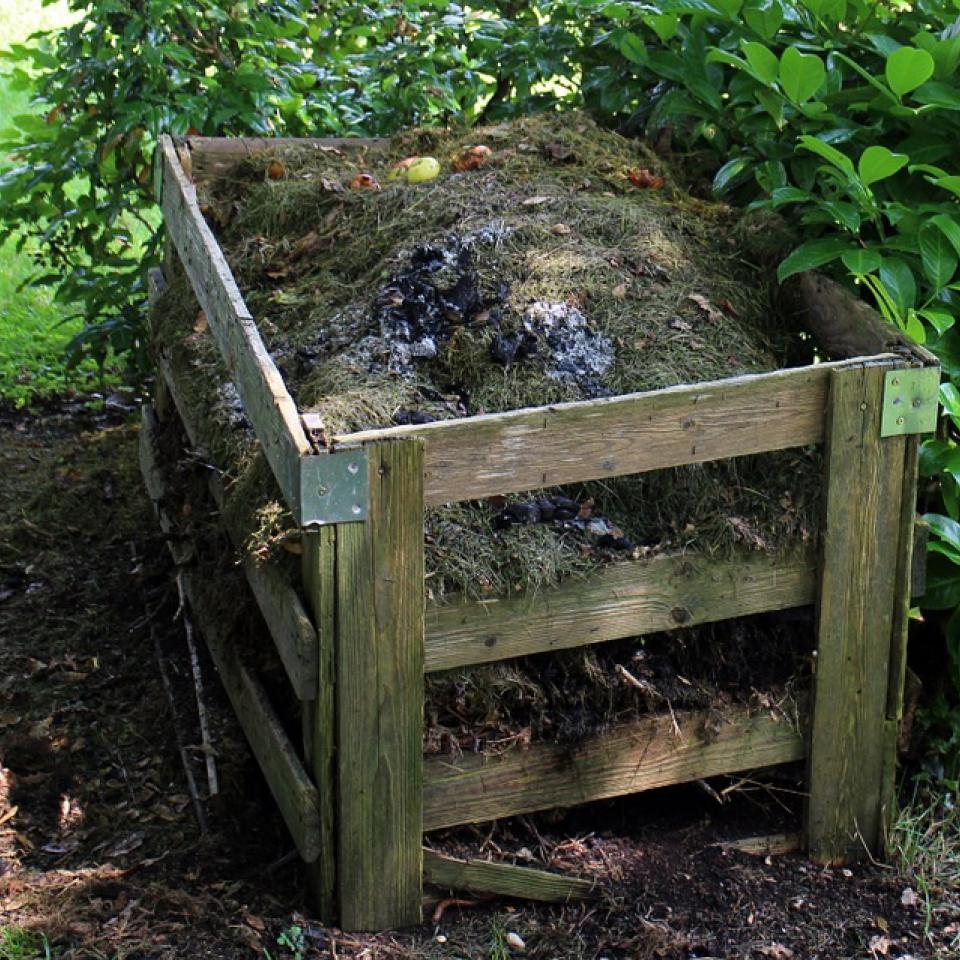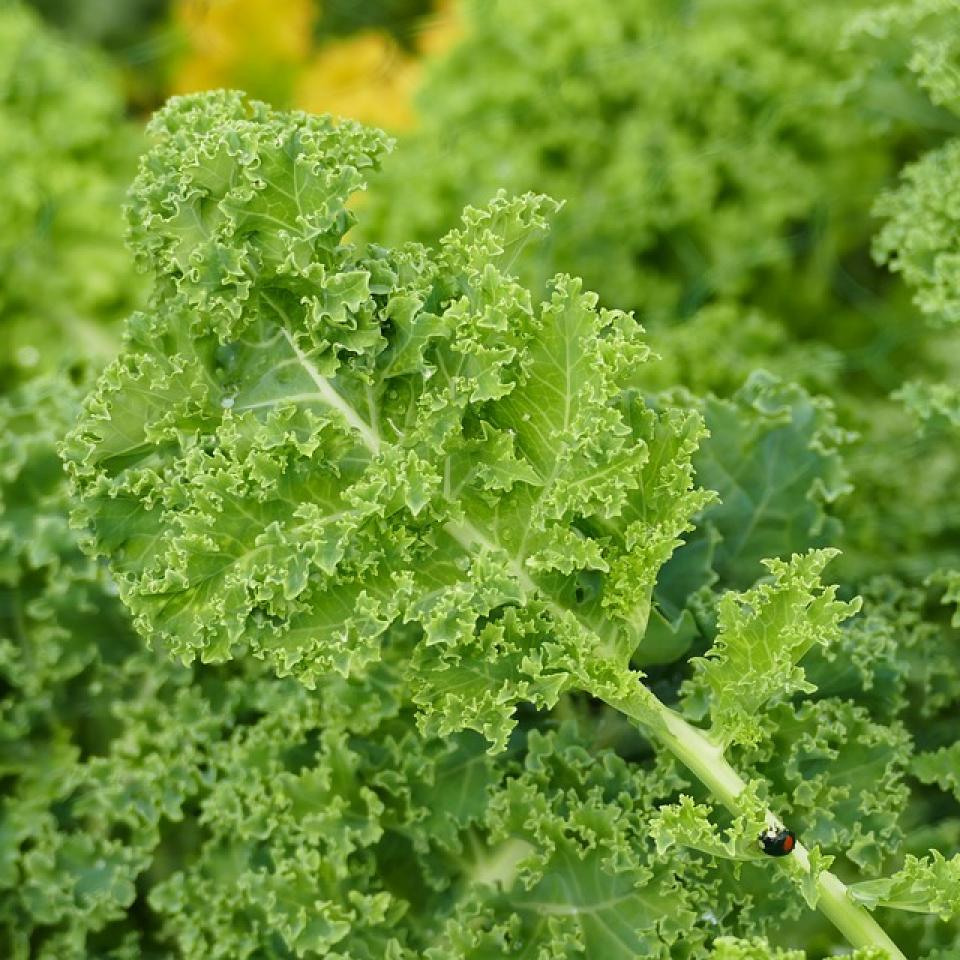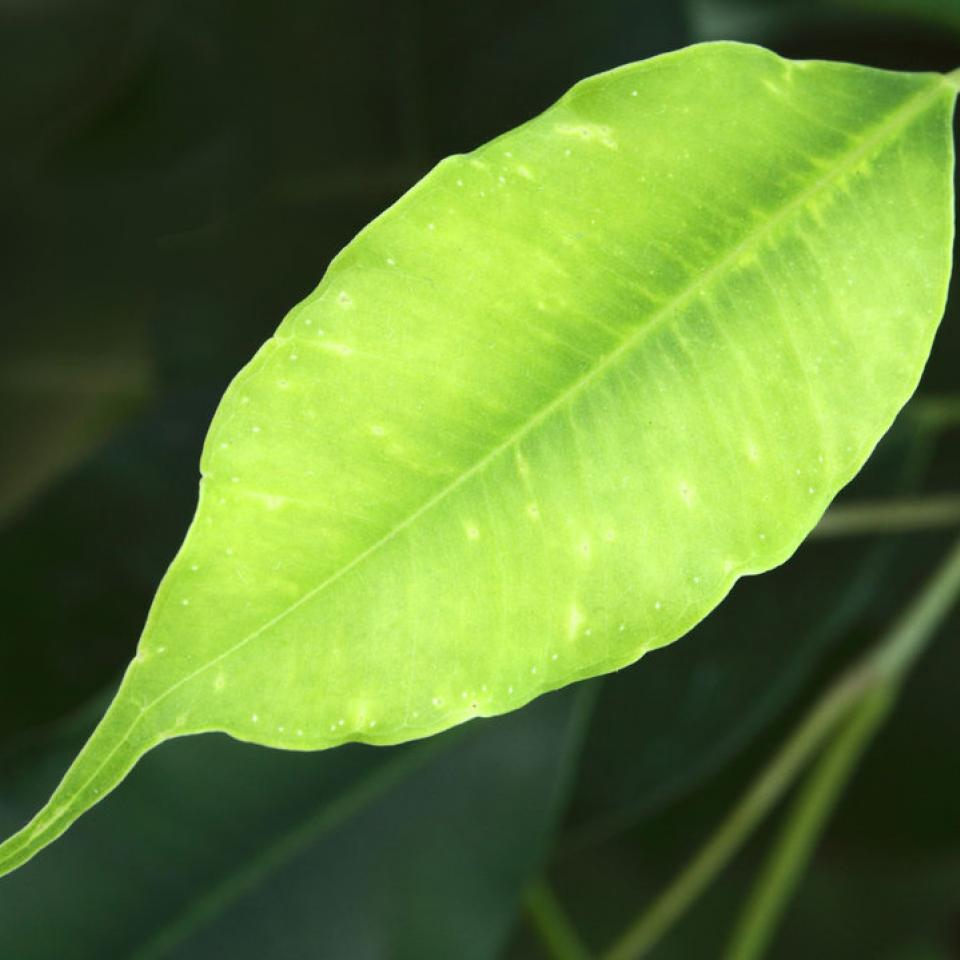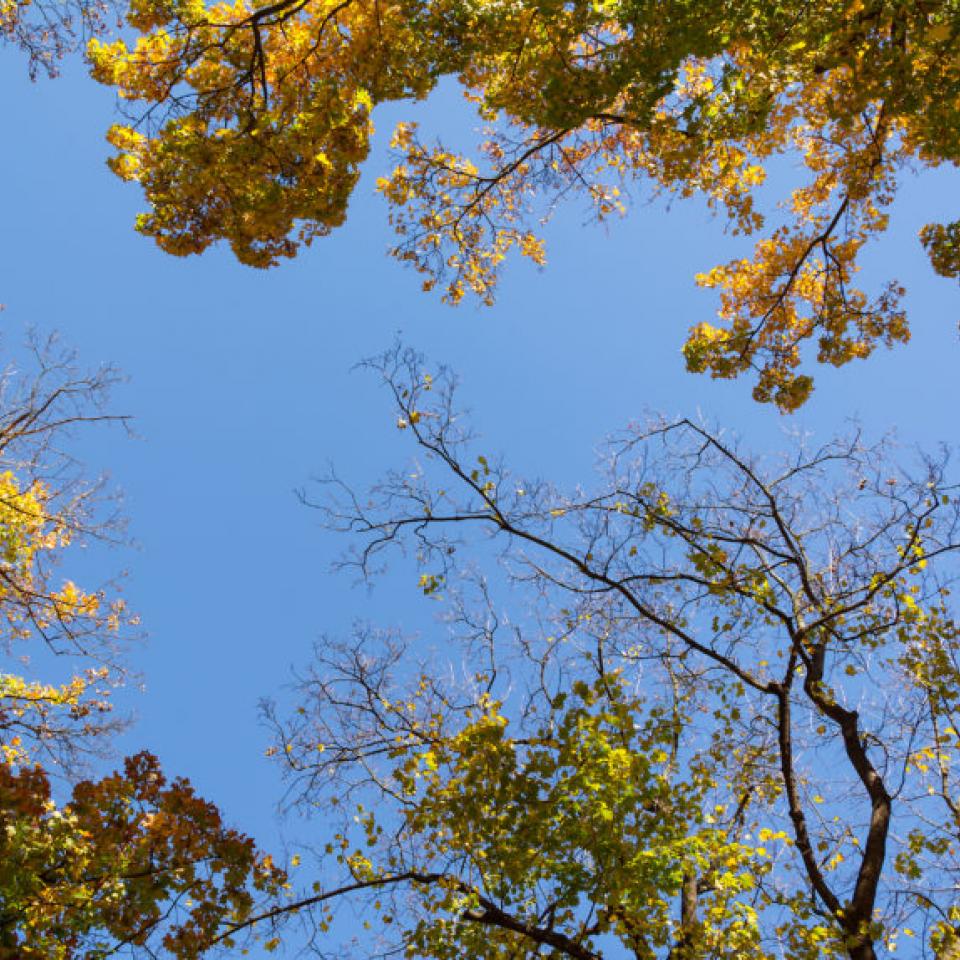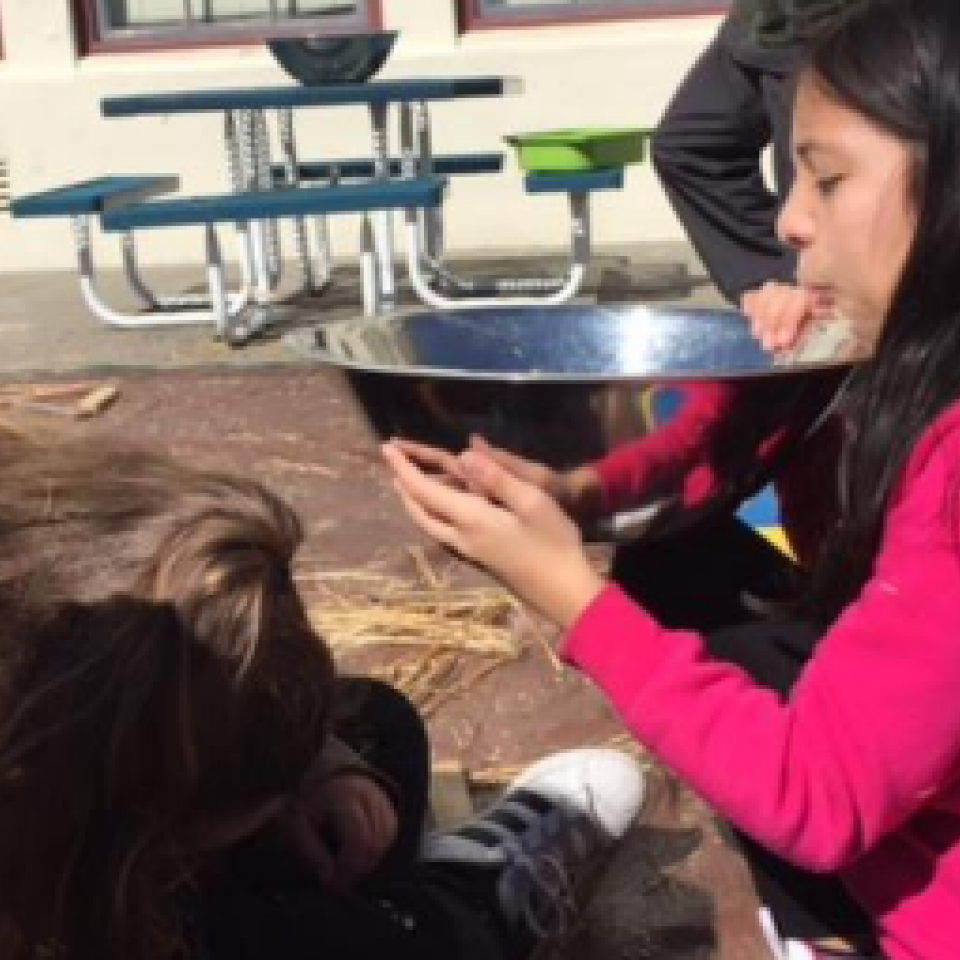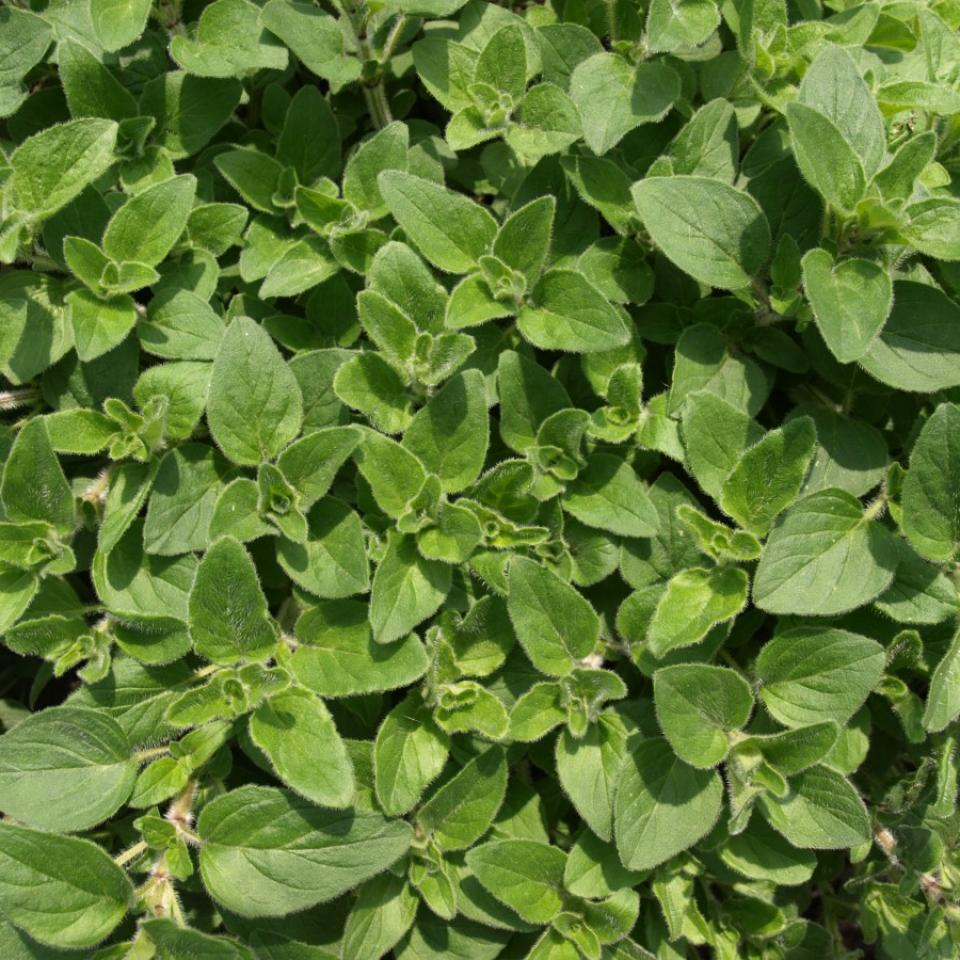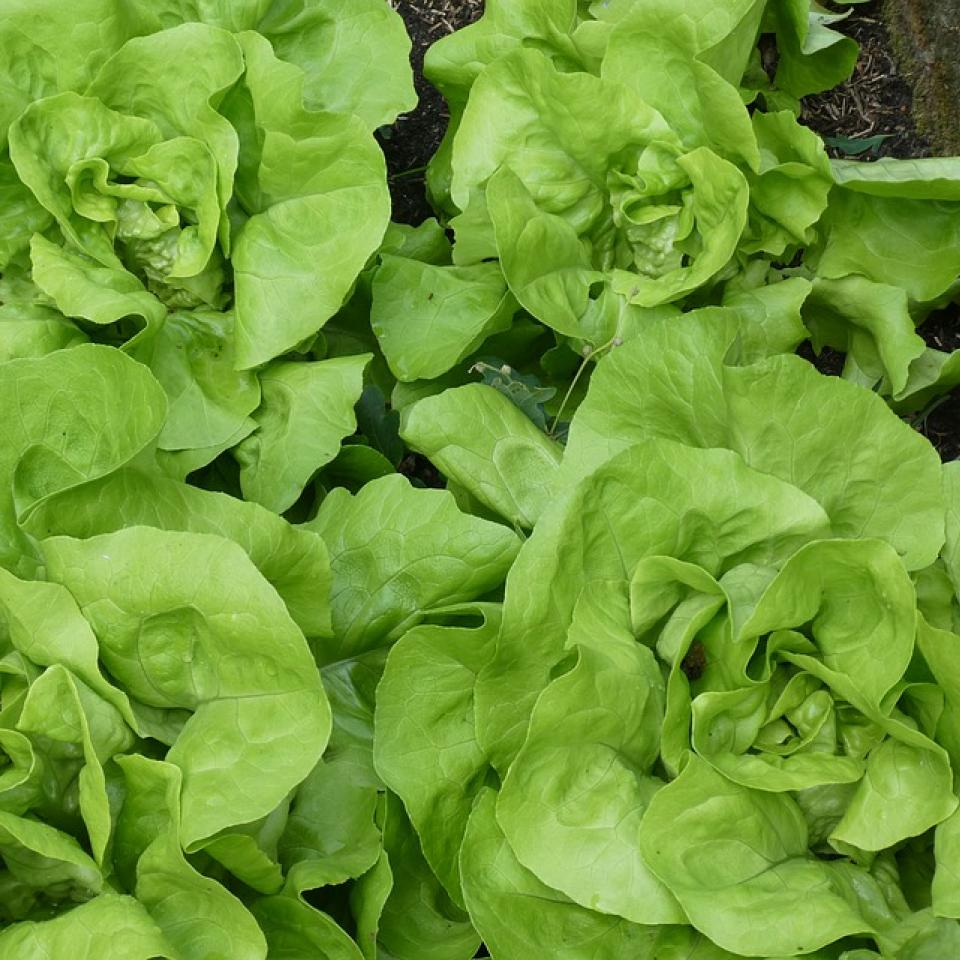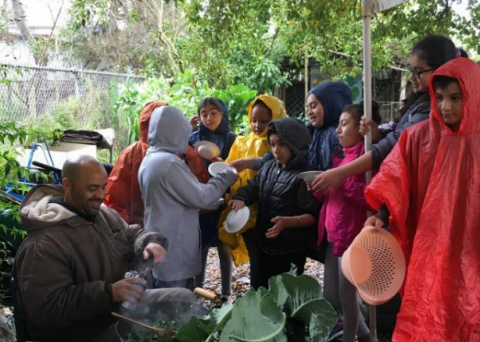
Berkeley Unified School District Gardening and Cooking Program
The Berkeley Public School Gardening and Cooking Program engages students with hands-on instruction in the garden. As part of the 2020 Vision and the District’s Integrated Wellness Policy, the Program is woven into student life District-wide to ensure the academic, physical, emotional, and health development of all students to affect three main areas of student learning from preschool through high school:
Academic Achievement:
By utilizing a place-based, interdisciplinary, and experiential approach to the new academic standards, garden educators work closely with teachers to bring classroom learning to life in the garden.
Increased Health:
With support from community partners, we promote health and nutrition with opportunities to taste delicious fruits and veggies found growing in the garden. Teaching students that taking care of the land and your body allows for the development of multiple intelligences integral to whole child education.
Essential Life Skills:
Through placed-based learning, students gain valuable communication and collaboration skills, while building confidence as problem-solvers. Students practice cultural competence and language development as they cultivate positive relationships with the world around them and their peers.
